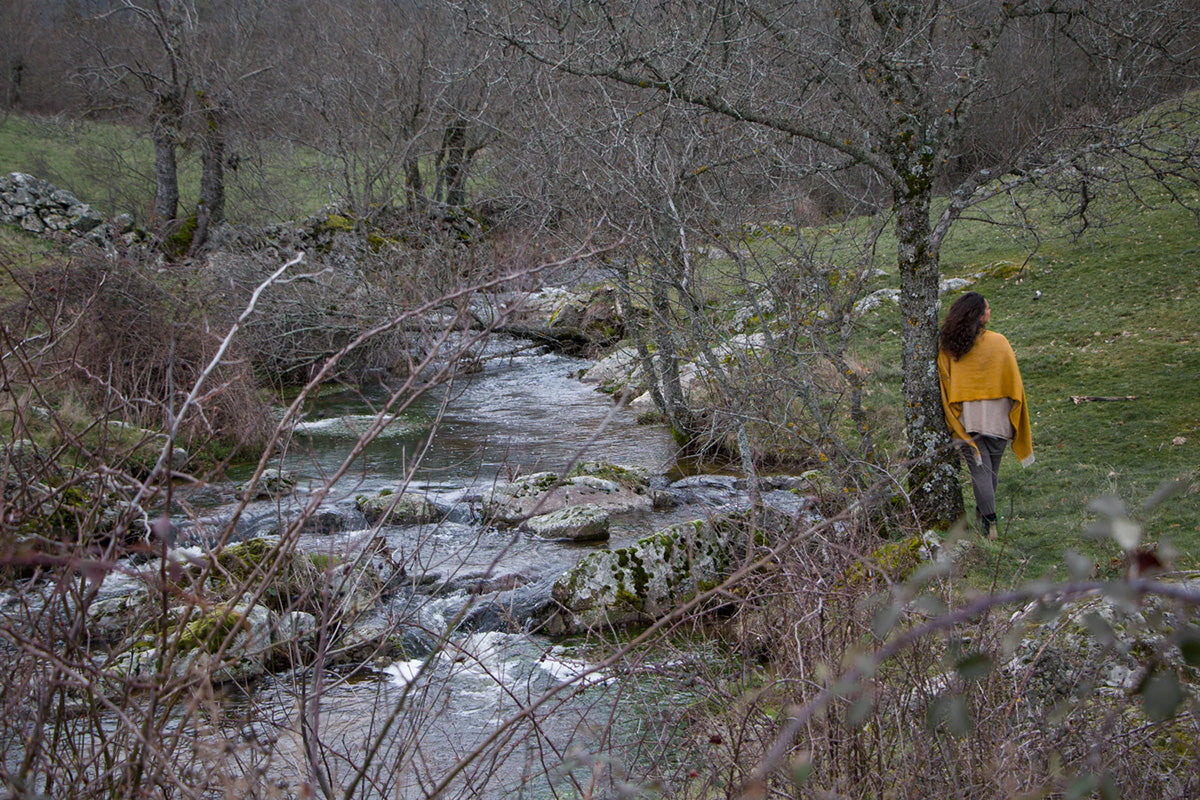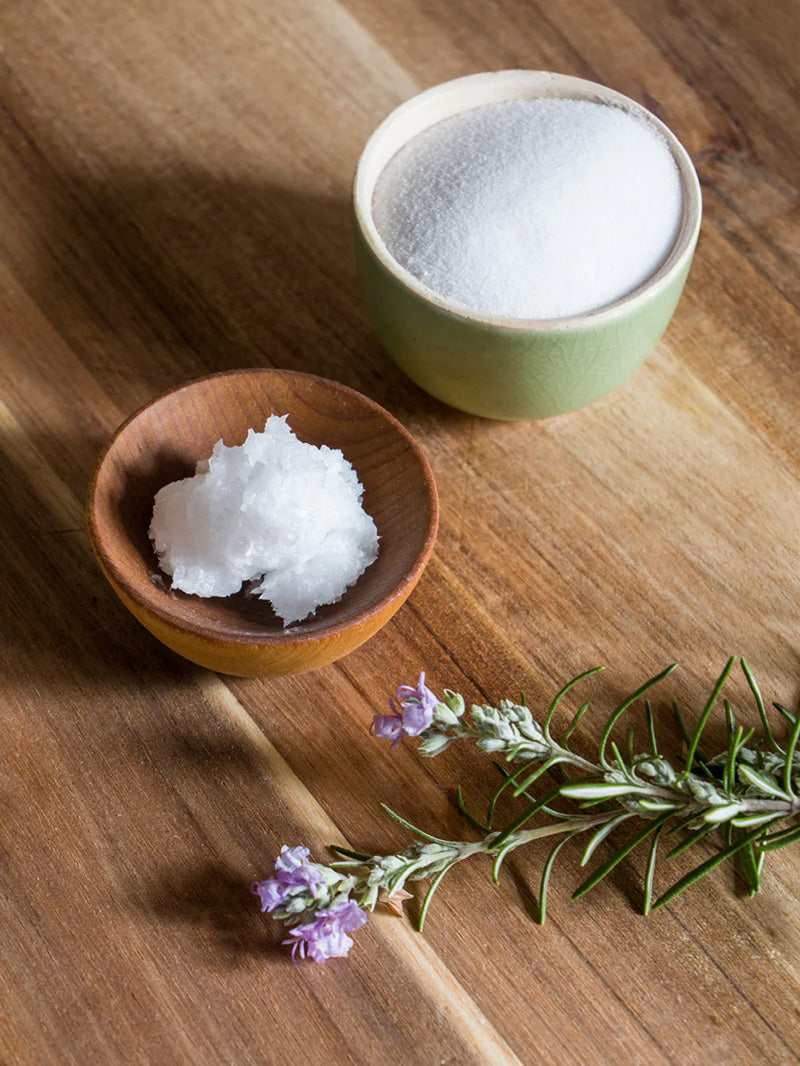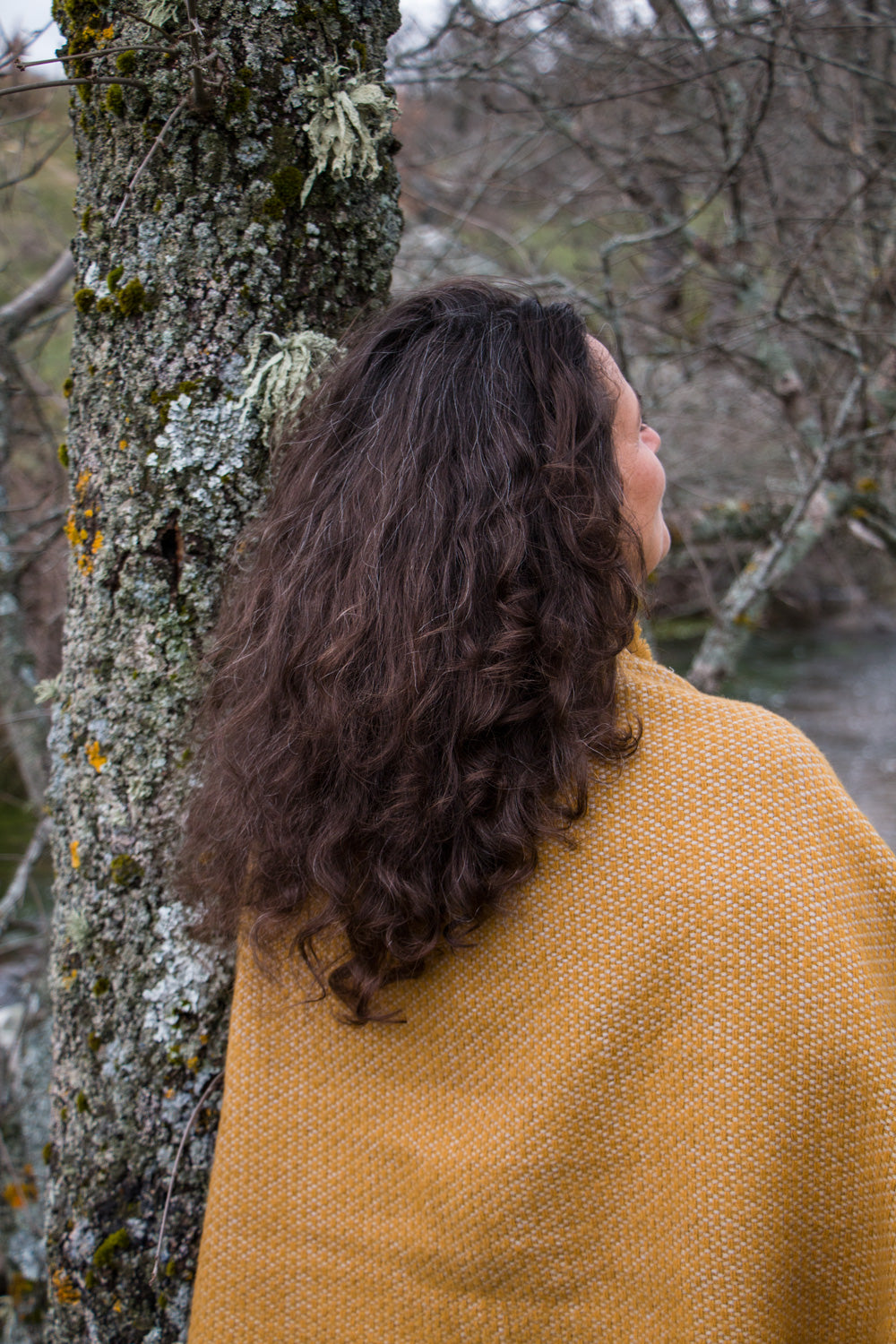chemical free hair
By Amelia Perez
How often do you wash your hair? Have you ever wondered how many chemicals are in synthetic shampoo? How do these artificial ingredients affect your health? And the quality of your hair?
Hair washing routines have changed over the centuries. And while it is true that recommendations two hundred years ago said that the ideal was to wash your hair every two months, nowadays the frequency is much higher. Commercial shampoos have adapted to current times and demands, presenting milder and less harmful formulations, but in no case free of chemical components.
In our case, it is a topic that concerns us, due to the very essence of our way of doing things, but also, and above all, due to the number of queries we have received from our clients, some with serious problems related to the use of synthetic shampoos, which has led us to develop a routine and recommendations to improve these disorders and have healthier hair that looks more beautiful, regardless of its nature and the disorders it presents.
We can remove chemical residue from our hair by using baking soda and applying coconut oil as a mask.
Cleaning with baking soda
Every time we use personal hygiene products we are introducing some chemical ingredient into our body, so it is reasonable to assume that our body is gradually becoming saturated. These synthetic ingredients adhere to our skin and hair, sometimes with negative consequences. And in some cases it is time to say enough! Although we want to warn that the transition from using synthetic ingredients to natural ingredients is not always easy.
If you want to use solid shampoo to clean your hair and you have just used conventional shampoo, you must first do a baking soda cleansing. But how? We explain it below:
- Fill the sink with warm water and a cupful of baking soda. Dissolve it well in the water.
- Rinse your hair vigorously until the water with baking soda soaks into your hair and is thoroughly rinsed all over.
- Next, wash your hair with your recommended soap, and rinse thoroughly until no residue remains.
I have not used shampoos or chemical products on my hair and body for years. I wash with my soaps and follow the suggestions I present here.
Some recommendations
For our soaps to work well, you should not use chemical products on the tips, such as masks or serums that are not natural. If you use them, they will create a film on the hair that will prevent the natural products from doing their job.
In the case of masks , I recommend that you try organic coconut oil as a mask, applying a small amount to your fingers and gradually spreading it over the ends of your hair. Leave it on for a few hours, or overnight if your schedule allows, and once the time is up, wash your hair with the soap recommended for your hair type.
Dyes also contain protective films based on paraffin. If you use masks, dyes, colored shampoos or similar, it may not work well. To do this, you can do the following:
- Rinse with warm water and a cupful of baking soda. Dissolve it well in the water and rinse your hair vigorously until it is thoroughly rinsed all over.
- Next, wash your hair with the soap indicated for your hair type and rinse well until you hold the clean hair in your hand, and notice a 'crack-crack'.
- Once every 15-20 days you can apply a small amount of eco coconut oil to the tips and leave it on overnight or at least 5 hours. Afterwards, wash your hair, rinse with plenty of water, you will notice it very clean and loose.
In general, the results of washing hair with natural soap or solid shampoo depend greatly on the quality or type of water. In areas close to the mountains, with water without lime, the result - "crack crack" - is different from that in areas with more calcareous water.

We are fortunate to have a water source of remarkable quality coming from the Sierra de Guadarrama.
A soap for every type of hair
Dry hair: Beeswax and honey soaps, calendula , olive with aloe vera and lavender .
Oily hair: Rosemary, lavender , olive, aloe vera and argan soaps.
Dyed hair: Beeswax and honey soaps, lavender , olive, aloe vera and argan .
_________________________________________
Invite your friends
If you want to save money on shipping costs, do it together with your friends: It's a good way to save money and, at the same time, to share some of your beauty and skincare secrets with them.



3 comments
I swim on a regular basis in highly chlorinated water, and using your soaps for both body and hair care for the after workout showers have eliminated dry skin and itchy scalp. I have healthy skin and hair in spite of the chlorine workouts! This also includes my husband. We alternate the aloe vera soap with the beeswax and honey. The results are simply wonderful, and it feels so good!
Also, I especially like the bicarbonate rinse and coconut oil mask recommendations and will begin to incorporate as needed.
Thank you Amelia for your concern, healthy tips, and extraordinary soaps.
Vicky Guillén
Hola, me ha gustado el artículo sobre el cabello.
En las fotos veo una gran melena con volumen y rizos, no usas nada más que el champú.
Gracias
Saludos
Ana
Muy interesante el artículo, tomo nota. Mis hijos tienen dermatitis y estoy desesperada con el tema de la higiene con productos químicos